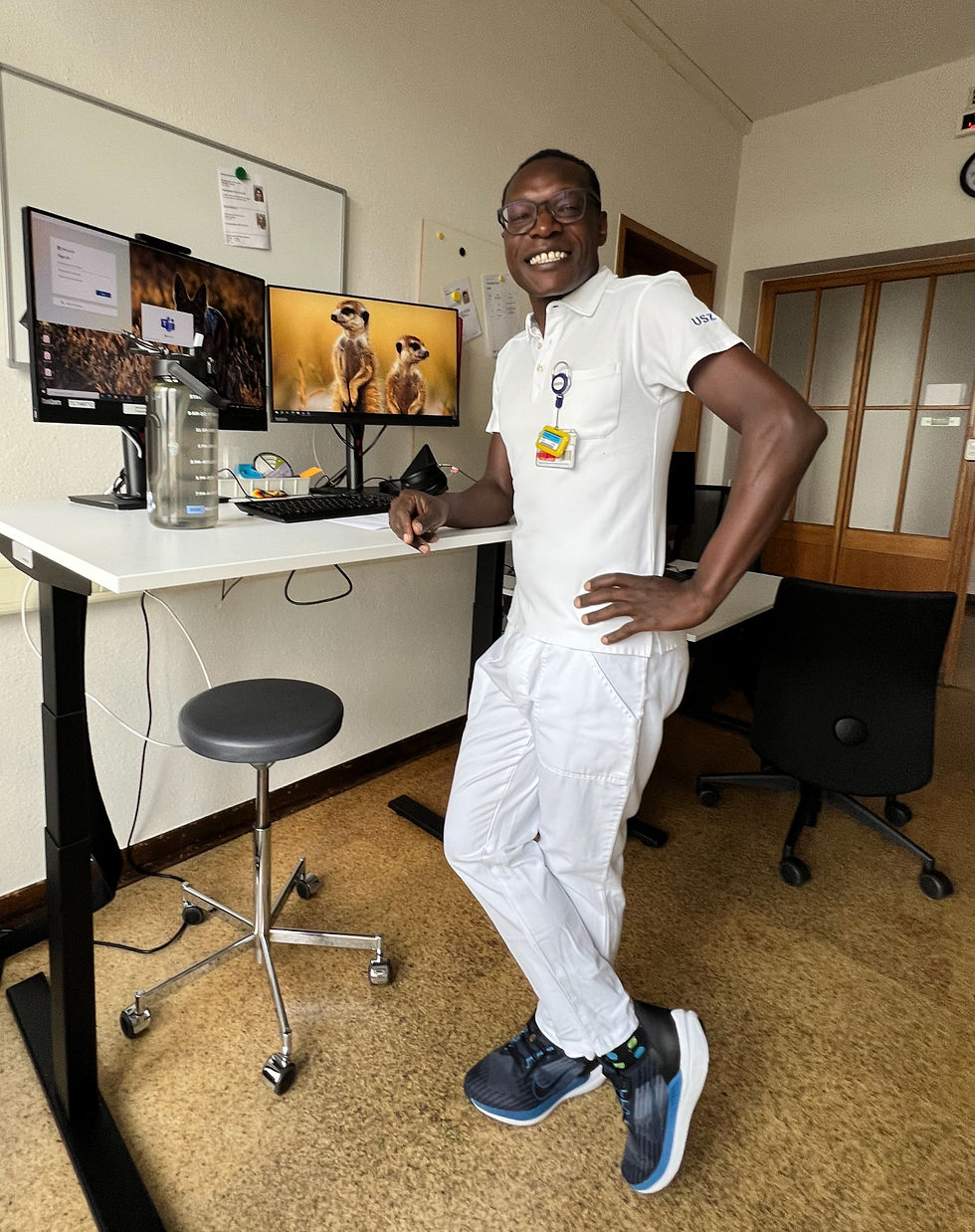My preface to EYP-RS Aarau 2021: 27th to the 28th of March 2021
- ignatius ounde
- 5. Apr. 2021
- 1 Min. Lesezeit
Since the Covid-19 Pandemic set in, nine European countries have held their national elections. The participation of the youth has been sluggish. It is a well-known fact that young people vote less than older generations. According to the European Social Survey, 61% of young respondents aged 22-29 stated that they voted in the last national elections, as opposed to the 78.1% of over 30-year-olds. However, we need to note that young people’s political participation is not in decline – it is in transformation. We have seen examples of young people setting and driving the political agenda. Young people aren’t waiting for change to happen. They are the change that is happening and in so many parts of the world, they are the ones demanding and speaking up for human rights and accountability. They prefer intermittent, non-institutionalized, horizontal forms of engagement on issues that have relevance for their everyday lives. Though elections have a pivotal role in democratic societies and young people may vote less than older generations, it is not only ballot voting that has to be taken into account when evaluating political participation. With the Covid-19 Pandemic, government and health restrictions are having effects on our basic human rights like freedom of assembly and we are required to find other ways to influence political decisions and policies, we are turning to the so-called ‘new’ forms of political participation, which is taking place outside the ballot boxes where young people are proficient. In order to make a long-term difference, it is of paramount importance that young people are involved in political processes and should have a say in formulating today’s and tomorrow’s politics.



Kommentare